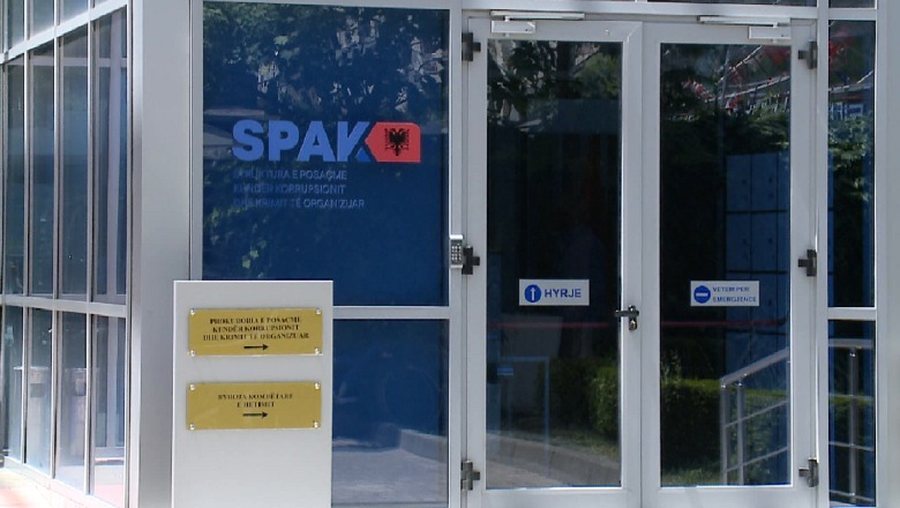Special Court accused of editing transcript in Erion Veliaj case, raising new controversy

In a new headache for the Special Anti-Corruption Prosecution (SPAK) and the Special Court Against Corruption and Organized Crime (GJKKO) doubts have been publicly raised over whether the court manipulated official transcripts from the pretrial hearing of Erion Veliaj, the jailed Mayor of Tirana. Veliaj’s lawyers claim that prosecutor Olsi Dado called Veliaj ‘ndyrësirë’ (filth) during a heated exchange in the courtroom, but the official court transcript released to the media alongside an official denial, does not include the word. According to other reports, the judge’s reaction to the slur was also edited out. The discrepancy has sparked allegations that the GJKKO edited the transcript to remove the insult, further deepening the controversy that has surrounded the Veliaj case from day one.
Why is this important: The case adds another layer of controversy to the already high-profile proceedings against Erion Veliaj, who remains under investigation by SPAK. According to reports in a number of Albanian media his lawyers insist that the unedited audio recording from the court clearly contains the insult, but the excerpt published by the court in its denial does not. If the allegations are true, this would raise serious concerns over GJKKO and SPAK judicial transparency and integrity, potentially leading to one of the biggest scandals in the justice system. The fact that the SPAK head, Altin Dumani was present in th session would implicate the highest levels of SPAK in the controversy.
Context: The Veliaj case appears to mark the end of the honeymoon phase for SPAK, a time when the Special Anti-Corruption Structure was widely supported and given the benefit of the doubt. Instead, clashes between SPAK, GJKKO, and political actors and a growing chorus of critics among opinion makers, are now a daily occurrence, further intensifying the already volatile political atmosphere ahead of the May 11 elections. While SPAK continues to be popular, recent events suggest a growing shift in perception, with even some of SPAK’s strongest supporters questioning its methods and impartiality.
The stakes have never been higher:
Sali Berisha, the leader of the opposition Democratic Party, has vowed to abolish SPAK and the justice reform altogether if he wins power.
Prime Minister Edi Rama, on the other hand, has pledged to continue to support SPAK and the justice reform, but he has also declared that he will ensure that the justice system functions according to European standards, with full respect for human rights and democratic principles.
What next: With the May 11 elections rapidly approaching, it is almost certain that SPAK and GJKKO will remain at the center of political battles. Whoever emerges victorious from the elections is expected to reshape the justice system, marking the end of an era—one in which SPAK was seen as a beacon of justice but also one in which it may have overreached, alienating even many among its strongest backers.
The unfolding controversy over court transcripts in the Veliaj case is only the latest chapter in this power struggle, and it is unlikely to be the last.


